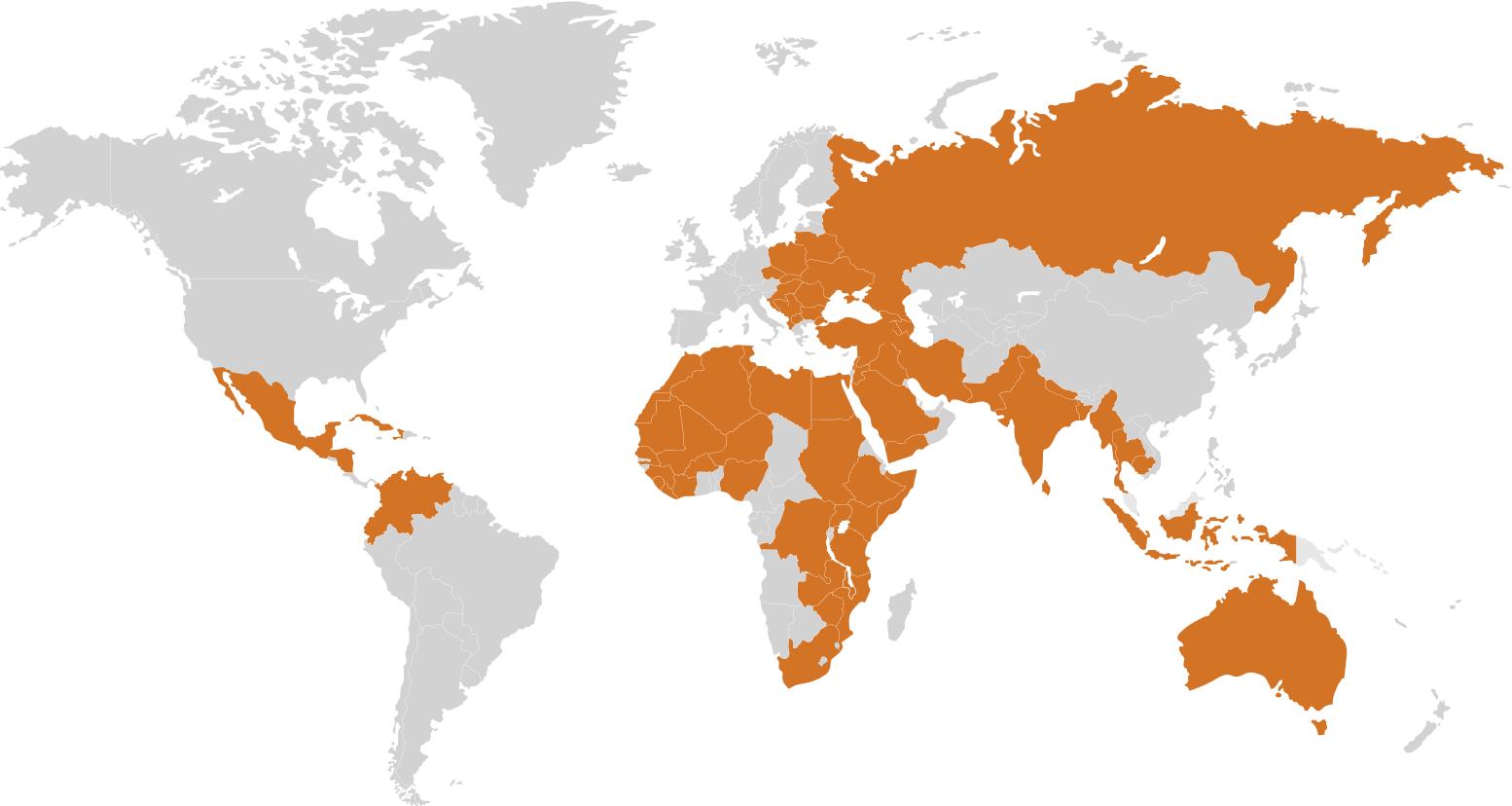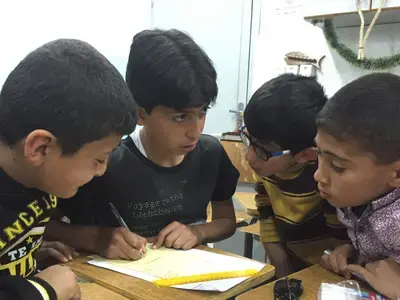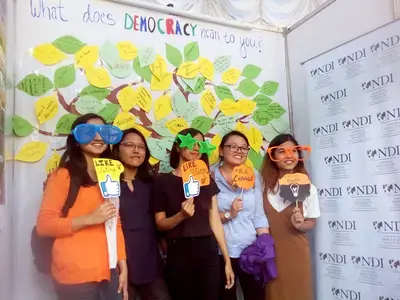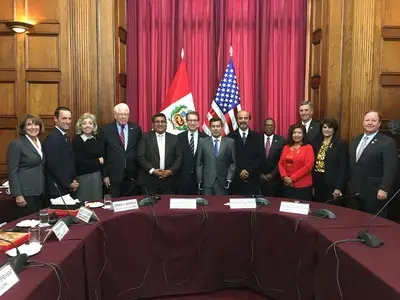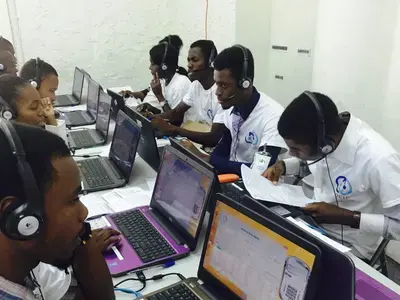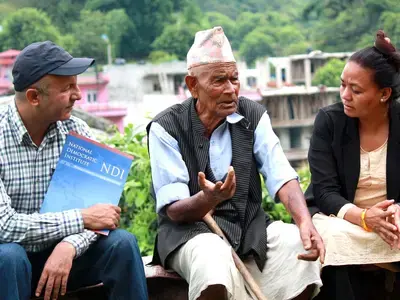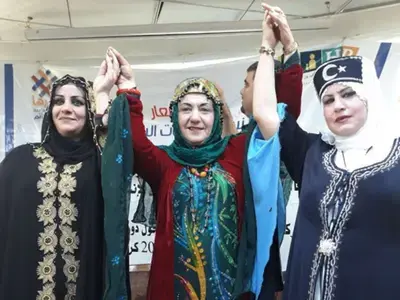A Zambian mother casts her ballot at the Bauleni polling station on August 11, 2016, for the general elections.
Spotlight
A Pioneer in Election Monitoring
NDI innovation helped create parallel vote tabulations (PVT) – a proven, statistically-based methodology to evaluate the quality of election-day processes and verify results. A PVT provides an independent check on the accuracy of official election results. This can build public trust, prevent violence, expose fraud or pinpoint election-related problems to address. NDI has helped citizen election observers in more than 50 countries successfully perform PVTs.
NDI has organized more than 250 international observer delegations to over 65 countries, and played a leading role in developing the Declaration of Principles for International Election Observation that has been endorsed by over 50 international organizations. The Institute has supported nonpartisan citizen election monitoring around the globe, and helped found the Global Network for Domestic Election Monitors (GNDEM), which assists more than 250 citizen-run monitoring organizations in 87 countries to share knowledge and develop best practices. More than 4 million citizen election monitors have deployed in scores of elections as a result of these NDI partnerships.
Another NDI-led initiative, the Open Election Data Initiative (OEDI), has equipped civil society groups, election administrators and technology experts with tools to make election data more transparent, which is essential to electoral integrity.
Through its Votes Without Violence toolkit and related website, NDI has also led the development of observation guidance for domestic and international observers that focuses on preventing and mitigating election-related violence against women.



